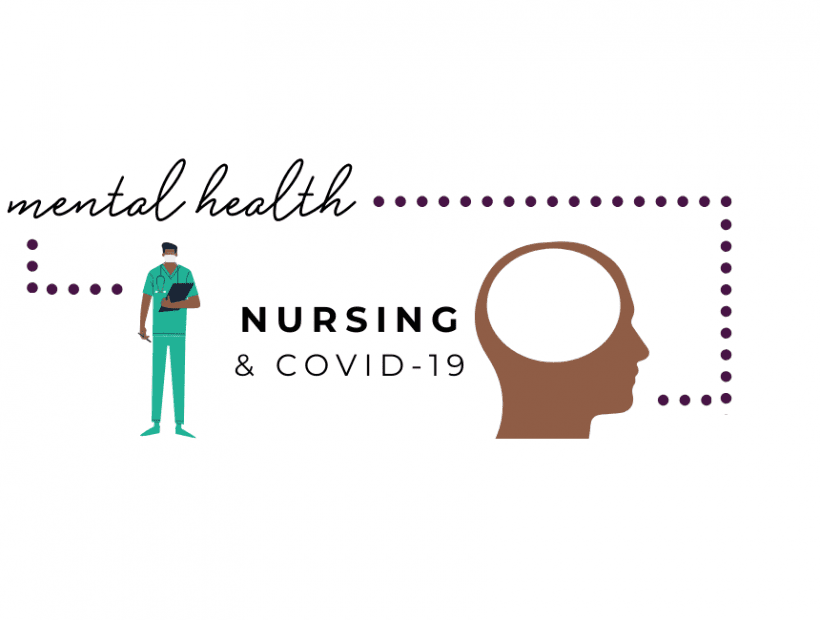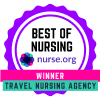The COVID-19 Impact on the Mental Health of Nurses

We need to address one of the most pressing issues related to the COVID-19 pandemic: the mental health of the nurses and frontline healthcare warriors fighting the virus. From the emotional exhaustion of caring for high-acuity patients to the isolation from the outside world, the impact on frontline workers’ mental health cannot be avoided.
- TNAA Resources, Programs & Support: Learn about what we do to support our nurses, from clinical support to our employee assistance program.

Mental Health & Emotional Well-Being for Travel Nurses
The emotional burden of nursing is real. Maybe you lost a patient or watched a beloved patient suffer a significant setback. For nurses, death comes with the territory and often doesn’t give you time to cope. Then there’s the physical isolation after working on the COVID-19 units. But what if your personal life is wreaking havoc on your mental health? Whatever the cause, we want to offer resources to help with the emotional burden.
TNAA Resources, Programs & Support
- Clinical Support: On COVID-positive units, travel nurses find themselves monitoring multiple drips, proning vented patients, and carrying out the duties of other healthcare clinicians to minimize exposures; this can lead to anxiety. There’s an underlying fear over new or heightened clinical roles, but it’s important our nurses know that they’re not alone. They have a team of experts, registered nurses, and industry-experts working for them. Whether it’s checking on PPE or offering a listening ear, our RN-lead clinical team continues to adapt to industry changes.
- Chaplain Program: Chaplains Janice and Chris are available to all TNAA travelers (and corporate staff) to provide uplifting encouragement and a caring relationship to help with personal crisis management. Whether it’s a personal life issue or you’re struggling with the grief and trauma from your work, our chaplains are a shoulder to lean on, a source of non-denominational spiritual care, or simply a listening ear. The best part? All communication is on your terms, like the time of day — we’re looking at you, night shifters.
- Employee Assistance Program: Our Employee Assistance Program (EAP) acts as a concierge for support, resources, and information. We want to ensure that you have the resources to manage the stresses of your daily life and remain productive, even when faced with difficult life experiences. This benefit aims to help you and the members of your household, resolve any number of problems such as personal, professional, financial, emotional stress, marital, family, or substance abuse issues. The program assists by offering free and confidential assessments, short-term counseling, referrals, and other services.
Additional Reading, Support & Resources
- Nurse.org: The nurse-centric community is well respected for its insightful and progressive resources. This blog shares resources for the mental health impacts of nursing during the COVID-19 pandemic.
- npr.org: Known for its diverse reporting, the radio news giant is talking about the mental health of frontline workers. You can read the transcript or listen here.
- ADAA: The Anxiety and Depression Association of America is bringing evidenced-based strategies to help those working the frontlines of the pandemic. Read more here.
Infographic source information can be found here.







